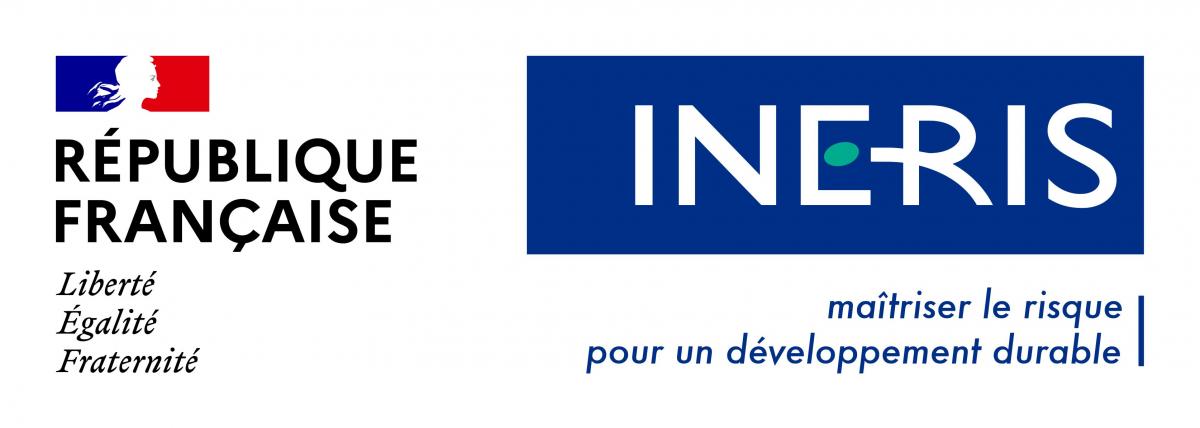Statistical analysis for the quality assessment of digestates from separately collected organic fraction of municipal solid waste (OFMSW) and agro-industrial feedstock. Should input feedstock to anaerobic digestion determine the legal status of digestate ?
Résumé
Management options for digestate produced by anaerobic digestion plants influence the environmental and economic sustainability of the biogas sector. Further, digestate can be both used or disposed of according to its legal classification: that is, waste or by-product, or product (by using End of Waste procedure). Currently, legal digestate status is decided by EU member states on a case-by-case basis, according to specific positive lists of input feedstocks and quality requirements in terms of physical properties and chemical concentrations. Biased exclusion of input feedstock can force digestate to a specific waste classification and undergo post-treatment and disposal options that can negatively affect the profitability of biogas installations. This is the case of the Italian regulation, where the positive list of input feedstock excludes a priori separately collected organic fractions of municipal solid waste (OFMSW), while including agro-industrial residues (AGRO). This study determined the differences between the two digestate typologies (OFMSW versus AGRO) through statistical analysis, implemented on a dataset, designed to gather data about digestate’s physical-chemical parameters from relevant scientific literature and unpublished private databases. The datasets consisted of 190 entries, derived from more than 2,000 samples. Further, the study provided a compliance assessment between the resulting parameter means and the current regulation limits. Upper confidence limits for the means (level of significance α = 0.05) calculated for both digestate typologies were found to be compliant with the legal requirements. Therefore, no statistical ratio seems to support the difference in the legislative approach as proposed by Italian law-makers. OFMSW resulted significantly different from AGRO for VS (650.1 g/kg TS vs. 843.8 g/kg TS, respectively), N-NH4 (81.9 g/kg TS vs. 46.19 g/kg TS), N-TOT (109.7 g/kg TS vs. 65.32 g/kg TS), P-TOT (7.22 g/kg TS vs. 21.9 g/kg TS), Pb (18.6 mg/kg TS vs. 4.66 mg/kg TS), Ni (11.03 mg/kg TS vs. 8.20 mg/kg TS), Cr-TOT (12.74 mg/kg TS vs. 8.74 mg/kg TS) and Hg (0.08 mg/kg TS vs. 0.05 mg/kg TS). However, the statistical analysis must be implemented on a wider set of parameters not covered by this study (e.g. ecotoxicological features).
